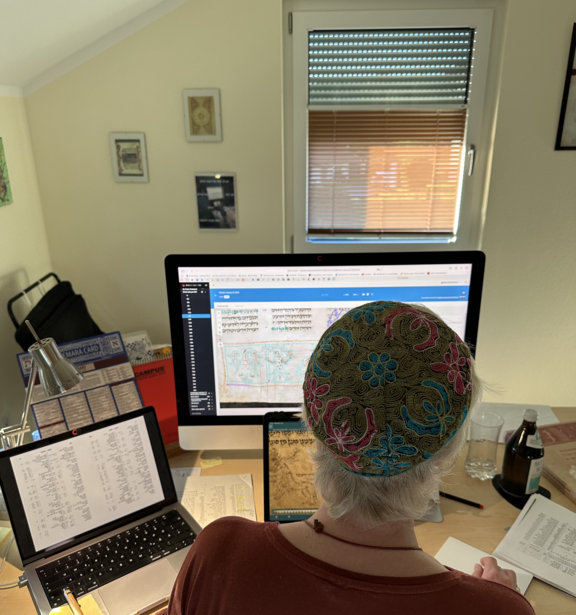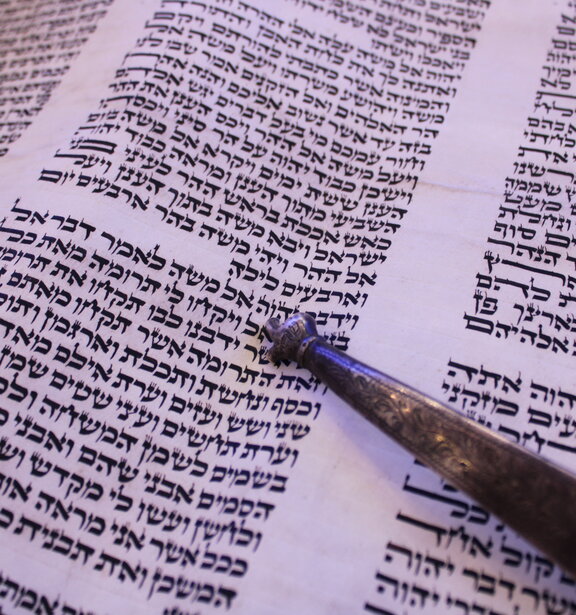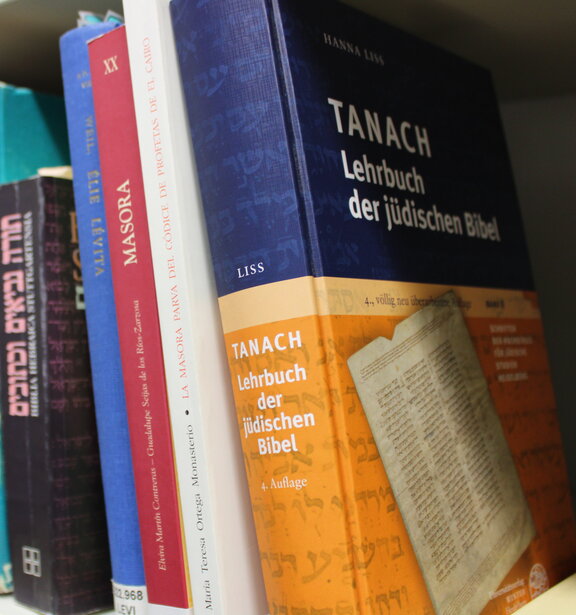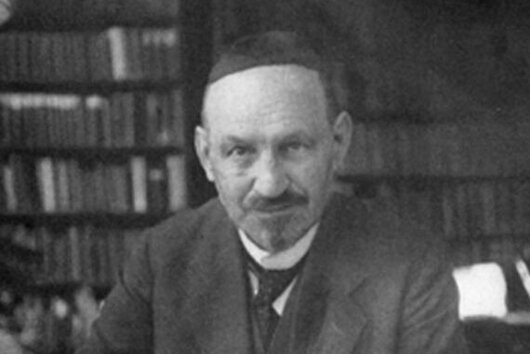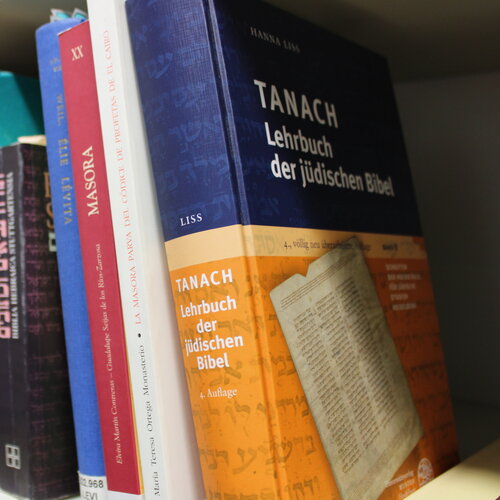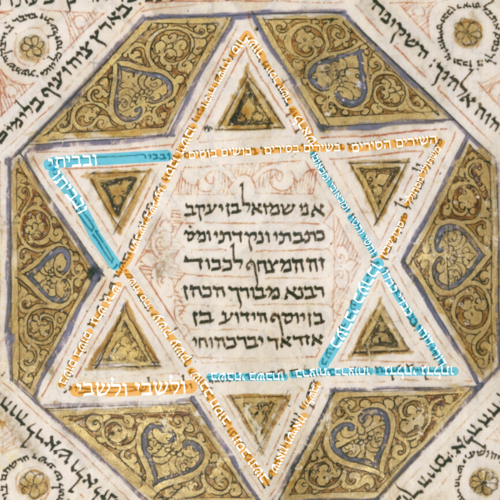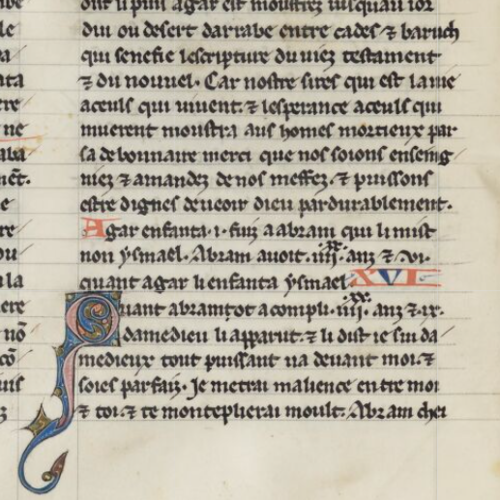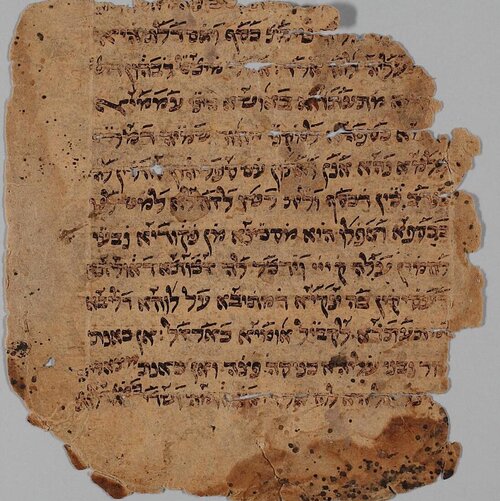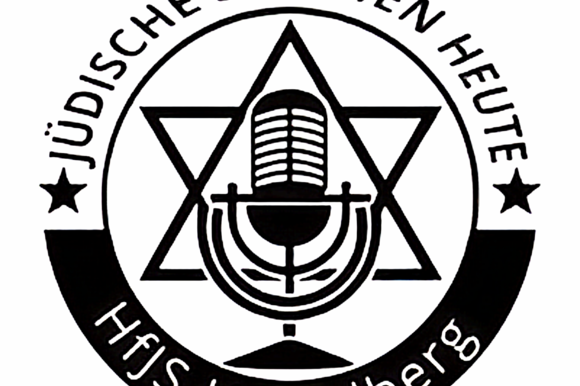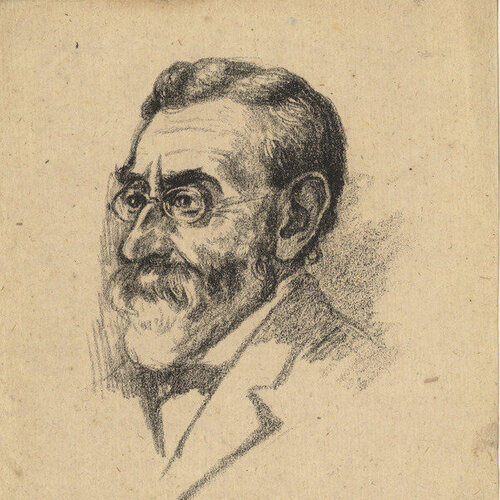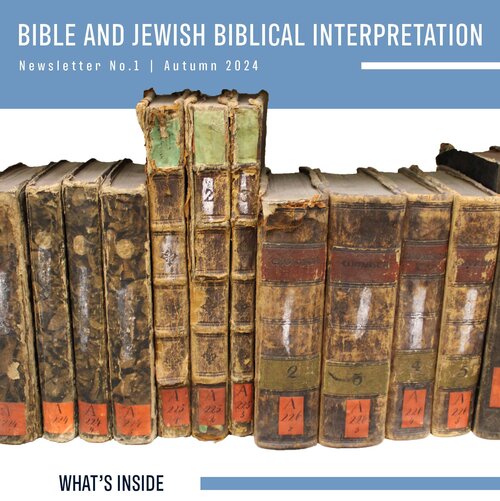Les textes allographes français et italiens au moyen âge
Scholars from the Academy project Bible Glossaries as Hidden Cultural Carriers and the Manuscripta Italica Allographica (MIA) project funded by the Italian Ministry of Science will give a total of six lectures.
Programme:
10:00 Hanna Liss
Welcome & Introduction
10:15 Sabine Arndt
Between Translation and Commentary: the Function of Old French in Medieval Hebrew Glossaries
11:00 Kate Mesler
Three Lapidaries in the Leipzig Hebrew-French Glossary
11:45 Daniele Baglioni / Marco Maggiore
Manuscripta Italica Allographica: A New Project for the Study of Allographies in the Italo-Romance Area
12:45 Break déjeuner
14:00 Federico Boschetti
The making of a digital scholarly edition of Italian allographic manuscripts
14:45 Davide Mastrantonio
Notes on syntactic and textual features of the Elegia giudeo-italiana
15:30 Bernardino Pitocchelli
Entre tradition et innovation: à propos des changements dans les traductions judéo-italiennes de la Bible au XVIe siècle
16:30 Stephen Dörr
Résumé and perspectives
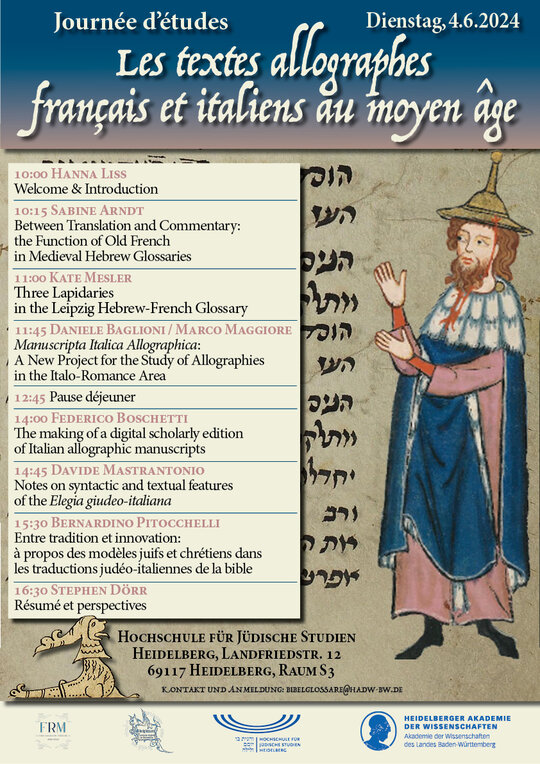
-
Date 4 June 2024
-
Time 10:00 - 17:00 UTC+02:00
-
Participation On-site
-
Language German / English
-
Contact HfJS
-
Location Heidelberg University of Jewish Studies, S3
-
Registration? No

